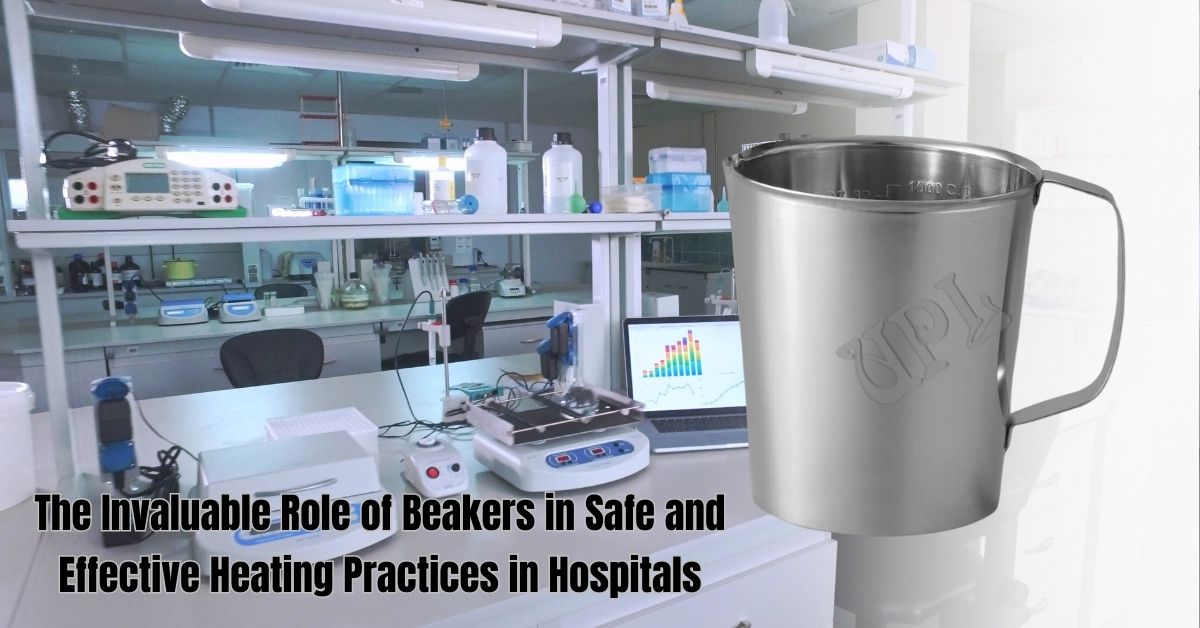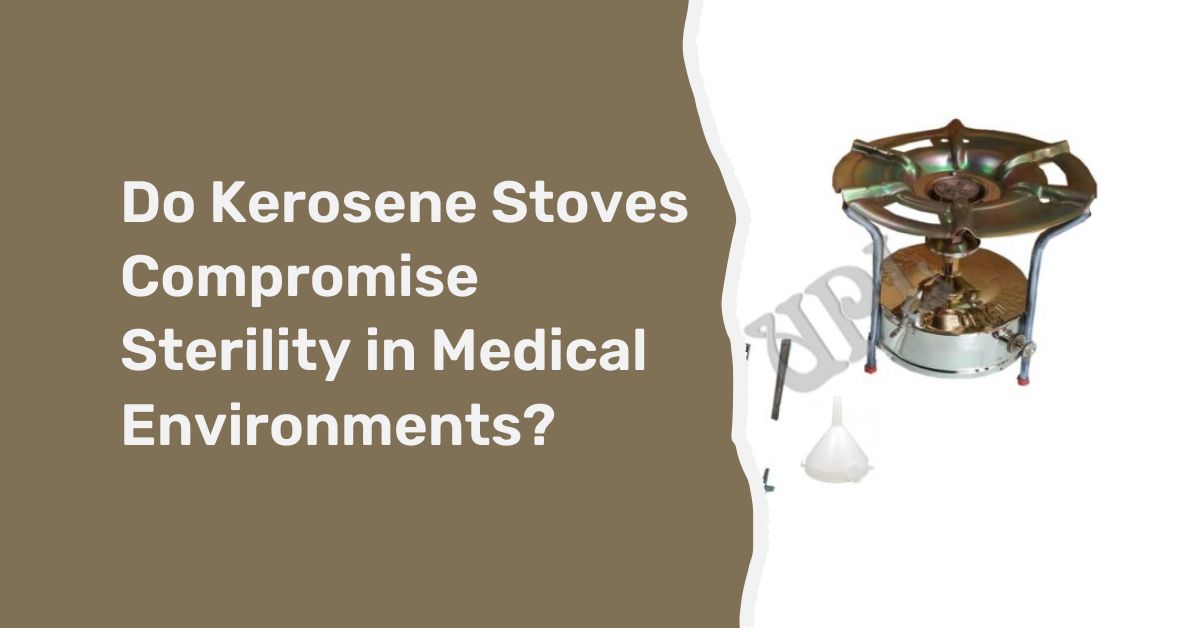In the world of healthcare, precision and safety are paramount. Every process, every procedure, and every tool plays a crucial role in ensuring the well-being of patients. Among the unsung heroes in this realm are beakers – humble yet invaluable instruments that contribute significantly to safe and effective heating practices within hospital settings.
Beakers are versatile laboratory equipment made of heat-resistant materials like glass, plastic, or specialized compounds. Their cylindrical shape and graduated markings make them ideal for precise measurement and heating of various substances. In hospitals, beakers play a vital role in several applications, including sample preparation, solution mixing, and sterilization processes.
Sample Preparation and Solution Mixing
In hospital laboratories, beakers are essential tools for preparing biological samples, reagents, and solutions used in diagnostic tests or research experiments. Their accurate volume markings allow technicians to measure and mix precise quantities of liquids, ensuring consistent and reliable results.
Beakers also come in handy when preparing intravenous (IV) solutions, medications, or other therapeutic liquids. The controlled heating capabilities of beakers enable safe and gentle warming of these solutions, preventing degradation or alteration of their chemical properties.
Sterilization Processes
One of the most critical applications of beakers in hospitals is their role in sterilization procedures. Sterilization is crucial for maintaining a safe and hygienic environment, preventing the spread of infections and ensuring the well-being of patients and healthcare workers.
Beakers are often used to heat and sterilize various instruments, equipment, and materials used in medical procedures. The controlled heating capabilities of beakers allow for precise temperature control, ensuring effective sterilization without damaging the items being sterilized.
Additionally, beakers can be used to prepare sterilizing solutions, such as disinfectants or sterilizing agents. The accurate measurement markings on beakers ensure the correct concentration of these solutions, enhancing their effectiveness while minimizing the risk of over-or under-dilution.
Safe Heating Practices
Heating processes in hospitals must be carried out with the utmost care and precision to avoid potential hazards. Beakers play a crucial role in maintaining safe heating practices by offering several key advantages:
- Controlled Heating: Beakers are designed to withstand high temperatures and can be heated gradually and evenly, minimizing the risk of sudden temperature spikes or uneven heating, which could lead to accidents or damage to the heated substances.
- Spill Prevention: The cylindrical shape and wide mouth of beakers make them less prone to spilling, reducing the risk of accidental exposure to hot liquids or hazardous materials.
- Heat Resistance: Beakers are manufactured from heat-resistant materials, such as borosilicate glass or specialized plastics, ensuring they can withstand high temperatures without cracking, melting, or releasing harmful fumes.
- Visibility: The transparent nature of many beakers allows for clear visibility of the contents during heating, enabling better monitoring and control of the process.
In addition to their practical applications, beakers also contribute to safe heating practices by promoting standardization and adherence to protocols. By using calibrated beakers with clear volume markings, healthcare professionals can ensure consistent and accurate measurements, reducing the risk of errors and potential harm to patients.
While beakers may seem like simple and unassuming tools, their role in safe and effective heating practices in hospitals is invaluable. From sample preparation and solution mixing to sterilization processes and controlled heating, these humble instruments contribute significantly to maintaining high standards of safety, accuracy, and quality in healthcare settings.






